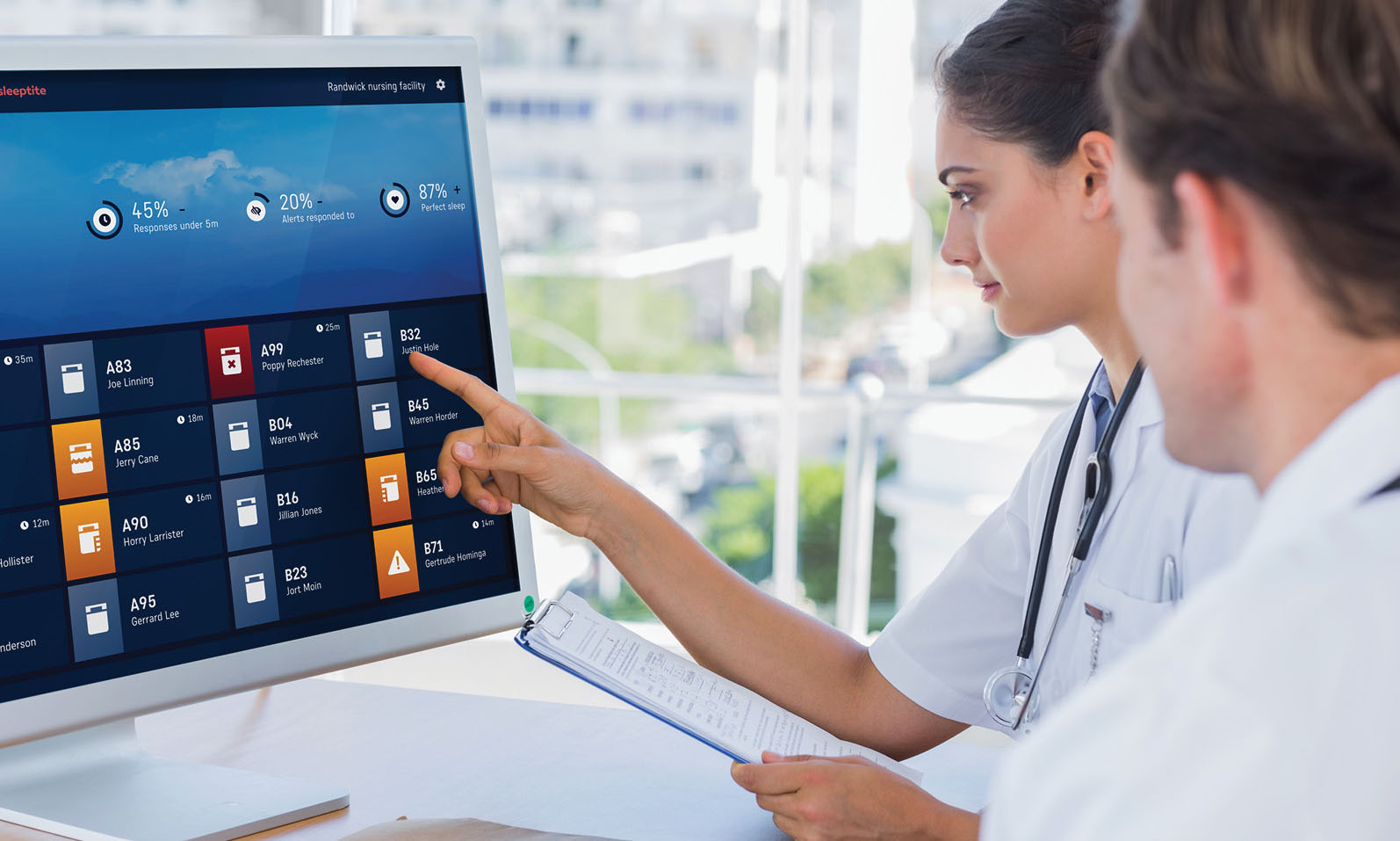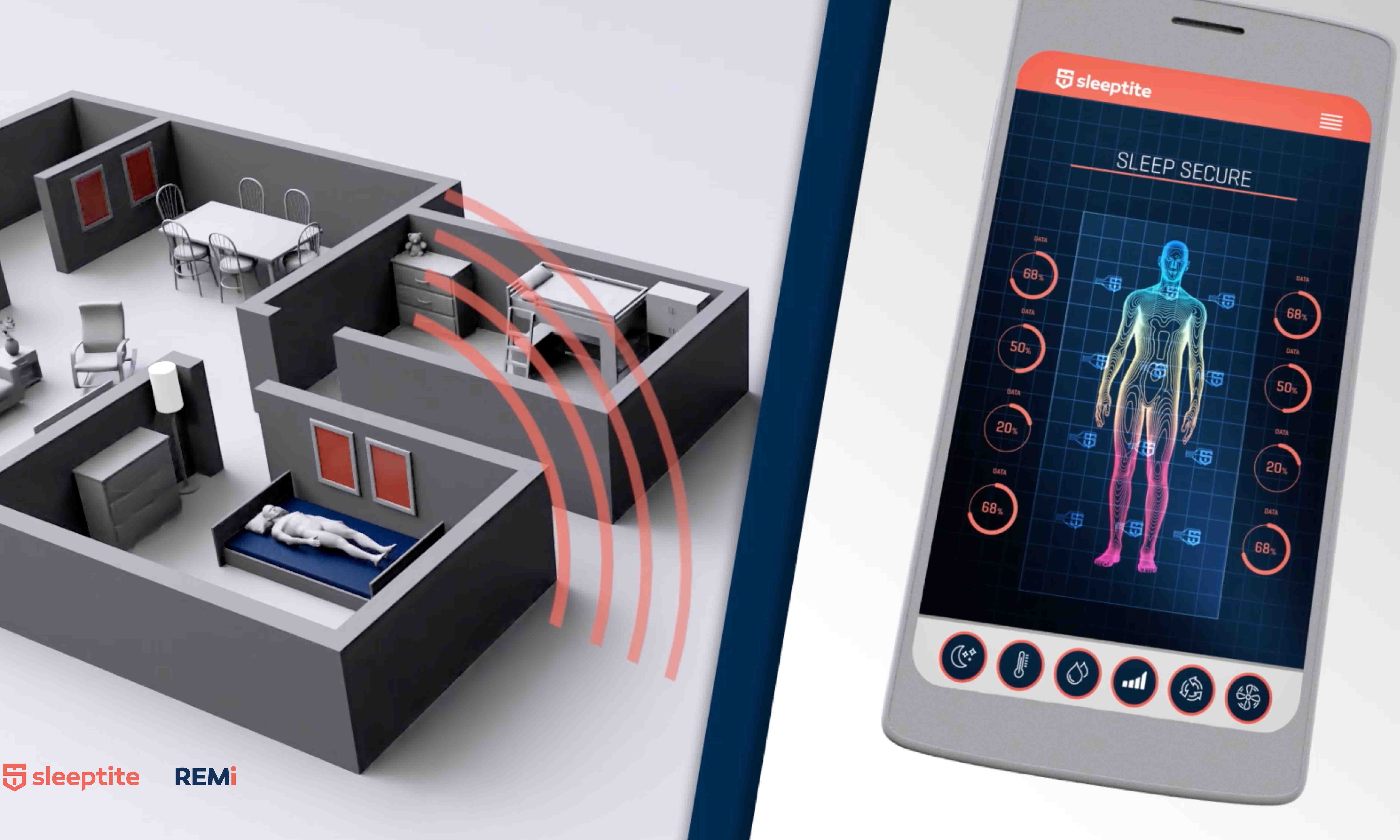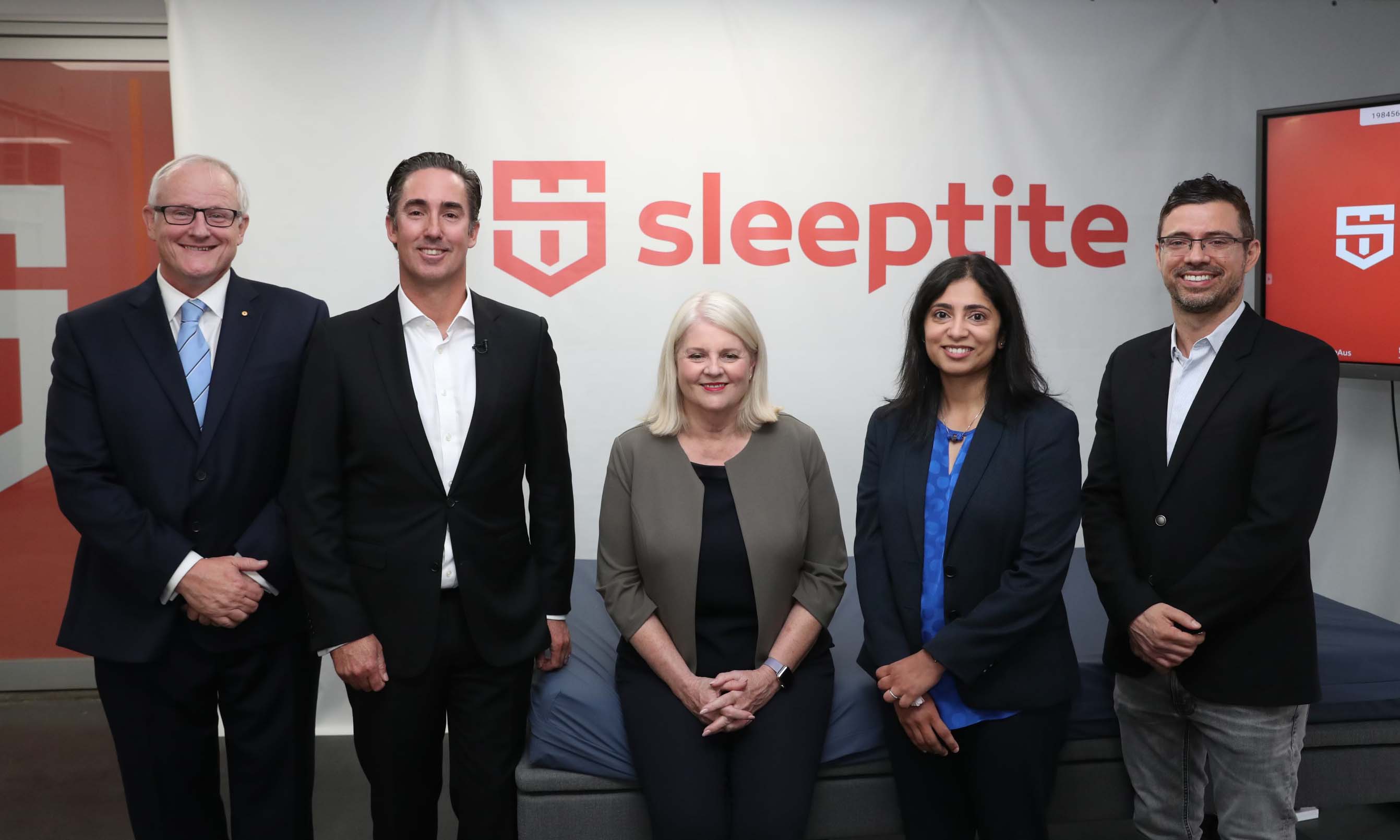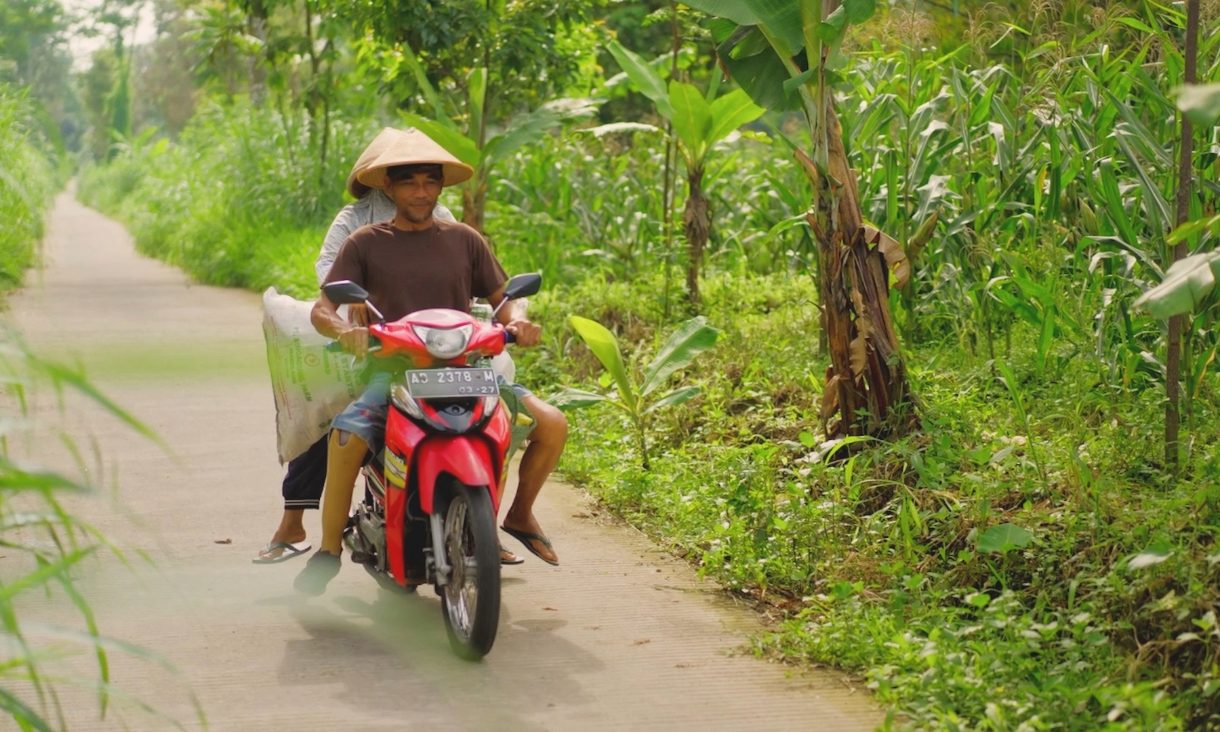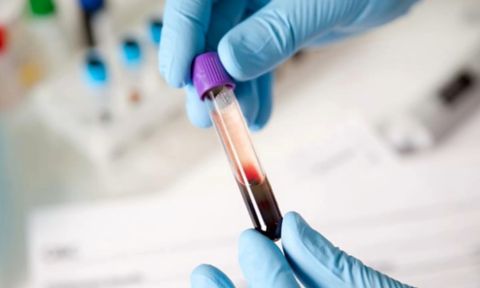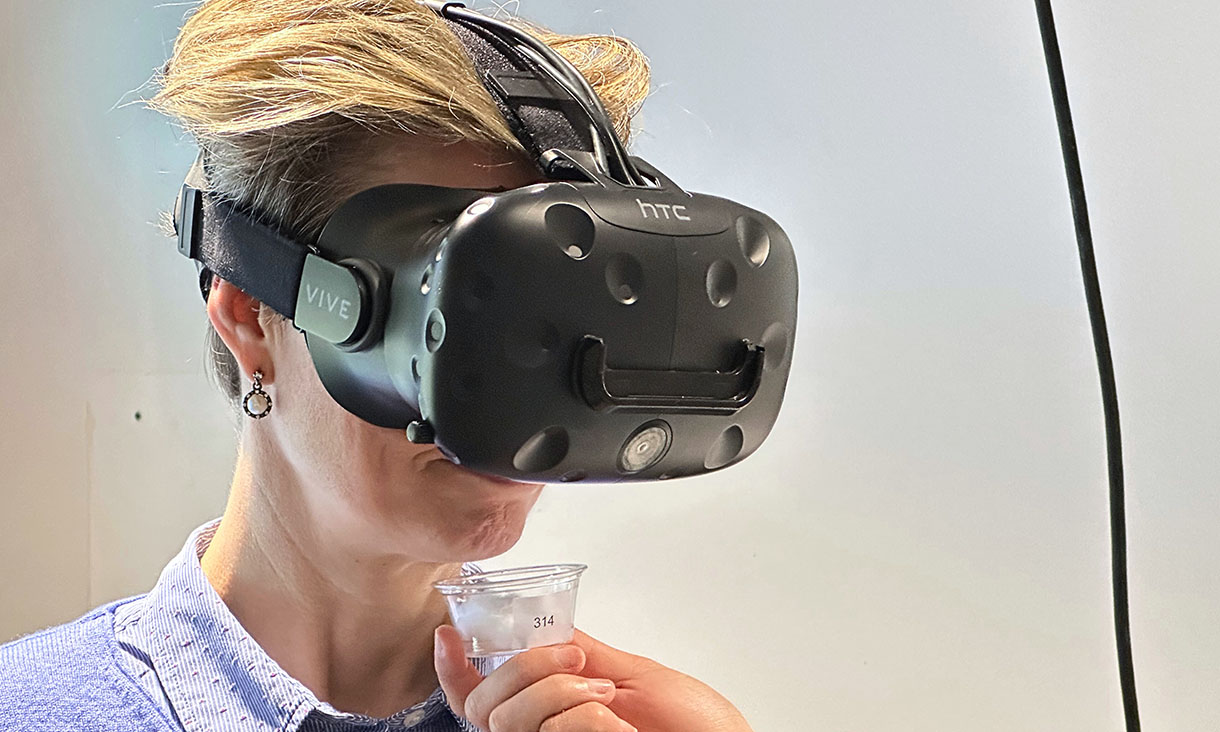Professor Madhu Bhaskaran, co-leader of the Functional Materials and Microsystems Research Group at RMIT, said the collaboration was a model for deep engagement between universities and industry.
“REMi shows the power of true partnership and the extraordinary results we can achieve through a collaboration built on mutual respect and clear, shared goals,” Bhaskaran said.
“We’ve gone from lab bench to commercialisation in just three years – solving myriad challenges along the way – to deliver smart home-grown tech that will be manufactured right here in Australia.
“It’s incredibly exciting to see the sensor we developed leaping out from our lab and into the world, to improve the care of some of our most vulnerable people.”
Advanced monitoring and care
REMi has been designed to enable the aged care workforce to non-intrusively monitor residents during the night and receive alerts at critical moments such as if a resident falls, or is at risk of falling.
Using the technology, carers will be able to determine not only the presence or absence of a person in bed, but also vital information about their position on the mattress.
This allows them to detect signs of abnormality or potential health risks, such as their state of sleep or distress, as well as providing valuable insights in the understanding or prevention of falls.
REMi can provide macro-data to facility mangers ensuring that quality care can be benchmarked and easily monitored and that facilities can easily, accurately and scientifically provide evidence of quality care to regulatory bodies, government and families.
Further testing is already proving that the technology is also able to monitor more health parameters including respiratory and heart rate readings, with future developments to be added as field trials begin in coming months.
Collaborative partnerships
RMIT Deputy Vice-Chancellor Research and Innovation and Vice-President, Professor Calum Drummond, said strong partnerships with industry were at the heart of RMIT research.
“Our goal is to bridge the gap between research and impact, for the benefit of our communities,” Drummond said.
“It’s through these kinds of deep collaborations that we can accelerate the translation of university research into new technologies and play a critical role in boosting Australia's sovereign capability, to help drive our economic recovery.”
Bill Mantzis, Managing Director Sleepeezee Bedding Australia, said advanced manufacturing techniques would ensure Australia’s global competitiveness and generate demand for local jobs.
“Companies that invest in innovation, research and development of new technologies and ideas will set the scene for the (manufacturing) industry and the industries for whom they are developing products,” Mantzis said.

